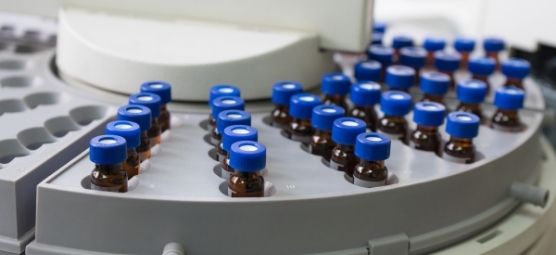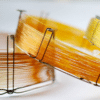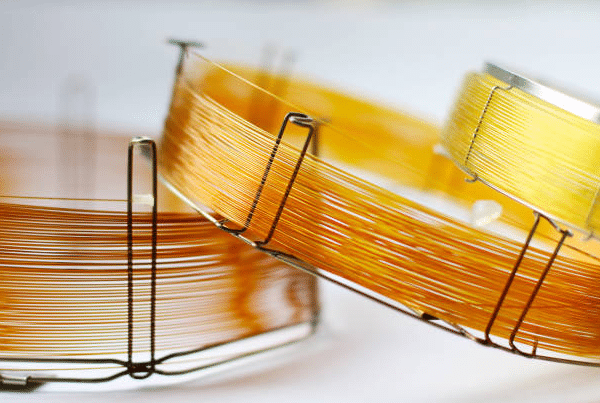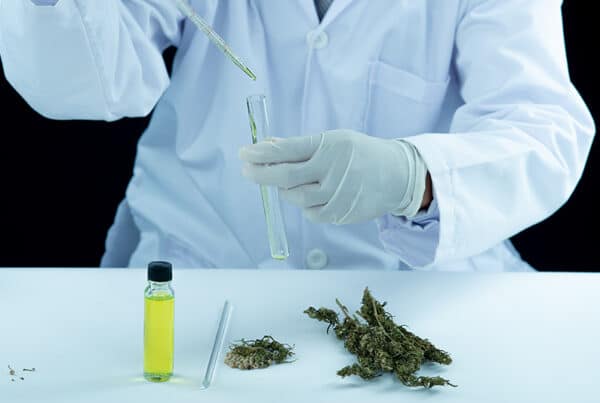There is more than one technique to use to identify cannabis in substances. Here are the most effective chromatographic techniques for cannabis identification.
High-Performance Liquid Chromatography
One of the most trusted tests for a complete THC analysis of cannabis in its plant form or other forms is High-Performance Liquid Chromatography or HPLC testing. In this method of identification, there is a solvent extraction that obtains volatile compounds in the specimen.
A sample passes under pressure through a filled tube. If certain materials are present in the specimen, they move through the tube to a detector at the other end. Different movement speeds indicate different strengths of attraction to the material in the tube.
Thin-Layer Chromatography
Thin-Layer Chromatography (TLC) comes in multiple formats. TLC is used to analyze separate substances for cannabis presence, but each of these tests requires separate validation for acceptance by a typical laboratory protocol.
In TLC, a thin layer of alumina, silica gel, or cellulose draws up the mobile phase. It is then placed on a thin sheet of glass, paper, aluminum foil, or plastic, where it moves according to its stationary phase. HPLC is technically a refined version of TLC, although they do differ slightly.
Gas Chromatography-Flame Ionization Detection
Gas Chromatography-Flame Ionization Detection or GC-FID shows the total or separate amounts of THC and THCA, depending on whether the sample is derivatized prior to testing. A sample of the specimen passes through a column by either carrier gas or an inert gas. It then separates into its components based on their interaction with the solid phase tubes or solid beads that fill the column.
Once the stream burns, it detects hydrocarbons and other compounds, sending a current to flow at the detector.
When you are looking to learn the best chromatographic techniques for cannabis identification, contact GenTech Scientific. Our HPLC testing equipment is effective and reliable. Contact us today for more information on our products and HPLC testing.







